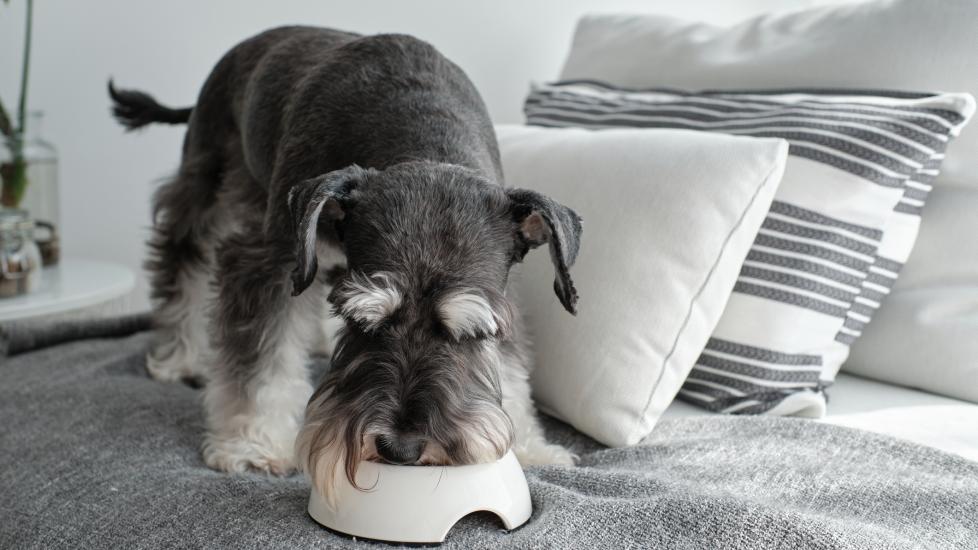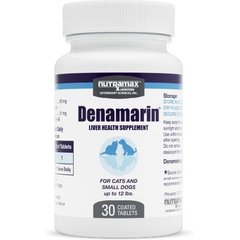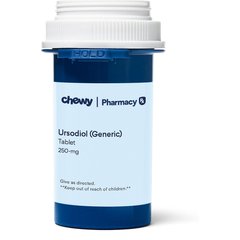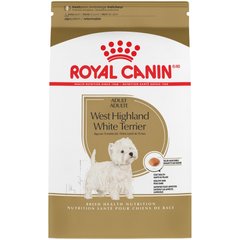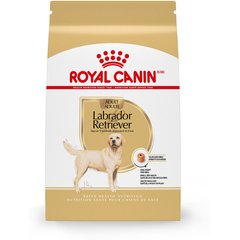Best Diet for Dogs with Copper Storage Disease
Addictive Stock/iStock / Getty Images Plus via Getty Images
Copper storage disease in dogs appears to be on the rise. This condition can lead to liver failure and other devastating consequences, so it’s important to understand the key role that diet plays in its treatment and management.
What Is Copper Storage Disease in Dogs?
Copper storage disease (also called copper storage hepatopathy) is caused by a complex interaction between a dog’s genetics and environment—most importantly, how much copper is in the dog’s diet.
Feeding a diet that’s very low in copper may be the only treatment needed in mild cases of copper storage disease.
Dogs need to eat some copper, but when they eat too much or their normal pathways to eliminate excess copper don’t work correctly, high levels accumulate in the liver. Too much copper damages liver cells and can lead to liver failure, which may be fatal.
Importance of Nutrition for Dogs with Copper Storage Disease
Diet is the number one source of copper for dogs. They may get some from water, particularly if it flows through copper pipes, but the food a dog eats is where pet parents should pay attention.
Feeding a diet that’s very low in copper may be the only treatment needed in mild cases of copper storage disease. Your veterinarian will help you determine where to start your dog’s nutrition plan.
Adding zinc to the diet is usually a good idea, too, because zinc reduces the amount of copper absorbed from the digestive tract. One study found that when Labrador Retrievers that had copper storage disease (but no symptoms present) ate a diet low in copper and high in zinc, they ended up with lower copper levels in their livers.
Dogs with moderate to severe copper storage disease will typically also need chelation therapy and other forms of treatment in addition to eating a low-copper diet. Do not give dogs undergoing chelation therapy extra zinc, as it will make the chelators treatment less effective.
Best Diet for Dogs with Copper Storage Disease
Prescription foods for dogs with liver disease generally have the lowest levels of copper and also include added zinc. Vet-recommended options for the best diets for dogs with copper storage disease include:
These dog foods all have similar nutrient profiles. The best option is often the one your dog enjoys eating the most!
It’s important to keep in mind, however, that all of these options are very low in protein, which isn’t ideal for every dog. The lack of protein can be fixed by adding a low-copper protein supplement such as cottage cheese or egg whites to the diet. Your veterinarian can recommend one that will work well for your dog.
Prescription foods for dogs with liver disease generally have the lowest levels of copper and also include added zinc.
Another good option for a copper storage disease diet includes making homemade dog food. Your vet or a veterinary nutritionist can help prepare recipes ideal for your pup and their individual case. PetDiets.com and BalanceIt.com both offer this type of service so you can formulate the best diet plan for your dog.
Your veterinarian may also prescribe medications and dietary supplements that can help heal the liver and promote its function, including:
Keeping Dogs Healthy with Copper Storage Disease
Some dogs with copper storage disease need to stay on prescription diets with extremely low levels of copper and added zinc for the rest of their lives. They may also require occasional chelation therapy to keep their copper levels in the safe zone.
Other dogs can be moved to over-the-counter diets that have more moderate levels of copper.
As long as it’s appropriate for the dog, this switch can be beneficial because these foods tend to have a more “normal” nutrient profile and can also save you some money in comparison to prescription diets.
Over-the-counter dog foods that have lower-than-average copper levels include:
But as in all cases related to a dog’s nutrition, the best diet for your dog depends on the specifics of their case. Talk to your veterinarian. Together, you can figure out which foods will keep your dog happy and healthy for years to come.
